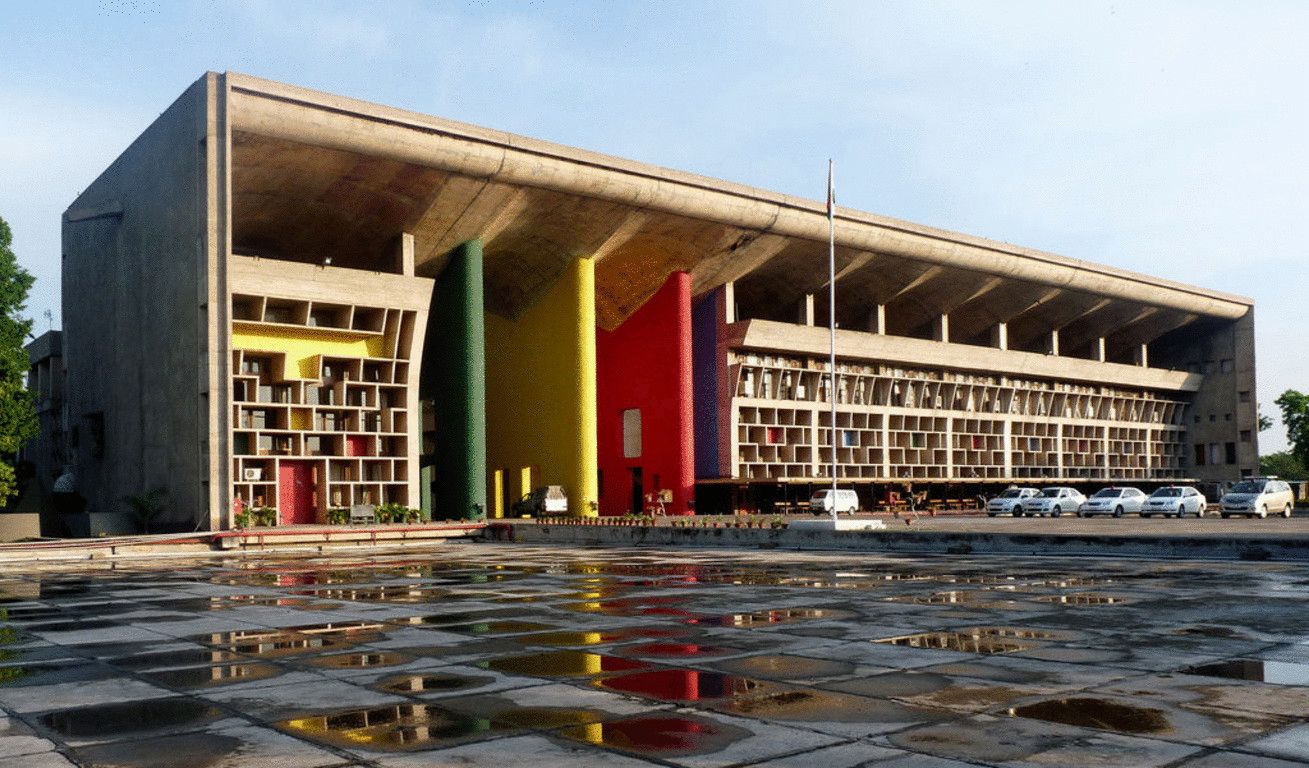Punjab & Haryana High Court Grants Regular Bail in NDPS Case, Says Disclosure by Co-Accused Cannot Be Sole Basis for Arrest

Case Name: Bobby @ Love v. State of Punjab
Date of Judgment: October 14, 2025
Citation: CRM-M-56197-2025
Bench: Hon’ble Mr. Justice Sumeet Goel
Held: The Punjab & Haryana High Court granted regular bail to the petitioner in an NDPS case, holding that a disclosure statement made by a co-accused without corroborative evidence carries limited evidentiary value and cannot alone justify continued incarceration. Justice Sumeet Goel observed that the petitioner had been in custody for over seven months and that there was no material linking him directly to the recovery of contraband. The Court further held that the rigour of Section 37 of the NDPS Act stands diluted in cases of long undertrial custody, where trial delays are not attributable to the accused.
Summary: The petitioner was seeking regular bail under Section 483 of the Bharatiya Nagarik Suraksha Sanhita, 2023, in FIR No. 16 dated March 7, 2025, registered under Sections 21(C) and 29 of the NDPS Act at Police Station Majitha Road, District Amritsar. The case arose from the recovery of 270 grams of heroin and ₹2,000 from co-accused Harpreet Singh, who named the petitioner in his disclosure statement. No recovery was made from the petitioner, who was not present at the spot.
Counsel for the petitioner argued that his implication was solely based on the co-accused’s statement, without any independent evidence or recovery, and that he had already suffered seven months of incarceration. The State opposed the bail, citing seriousness of the allegations but conceded that the petitioner had no other criminal involvement.
Justice Goel cited precedents including Tofan Singh v. State of Tamil Nadu (AIR 2020 SC 5592), Anshul Sardana v. State of Punjab (CRM-M-65094-2024), and Jaswinder Singh @ Kala v. State of Punjab (CRM-M-33729-2025), reiterating that confessional statements under Section 67 of the NDPS Act are weak evidence and cannot be the sole ground for implicating an accused. The Court emphasized that prolonged undertrial detention, when trial proceedings are delayed and not attributable to the accused, warrants liberal consideration of bail under Article 21 of the Constitution.
Decision: The High Court allowed the petition and ordered the release of the petitioner on regular bail, subject to conditions including non-tampering of evidence, regular attendance in court, and monthly affidavits affirming non-involvement in any new offence. The State was granted liberty to seek cancellation of bail in case of violation of conditions.